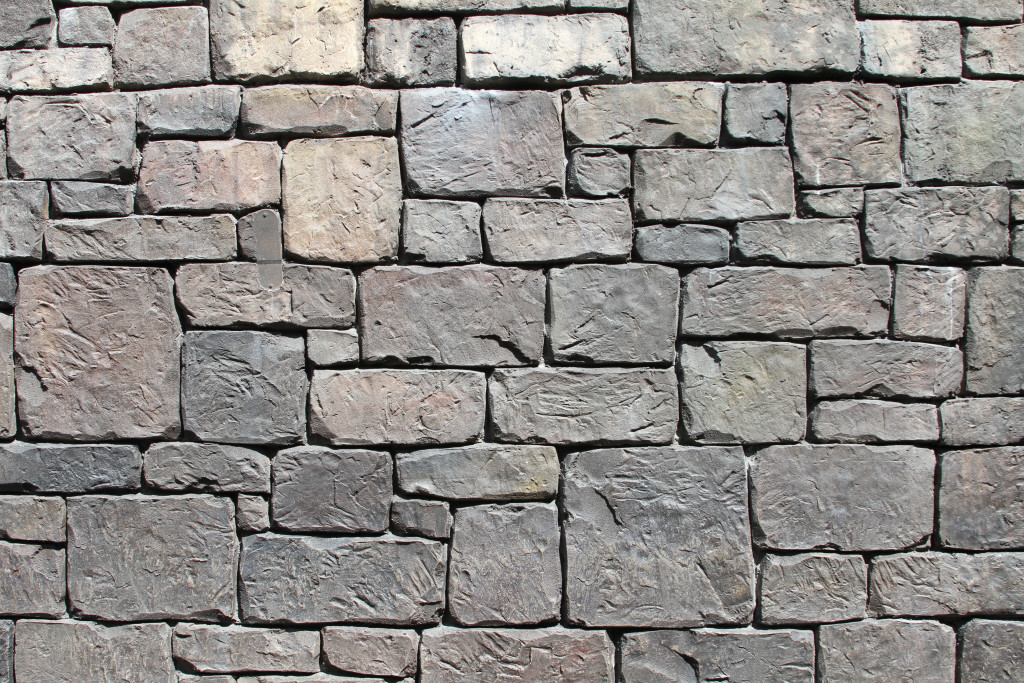“I Will Build My Church” – by Edward Fudge
- Bible
- Bible study
- Christian Evidences
- Christian Living
- Christianity
- Church
- Dr Eliezer Gonzalez
- Edward Fudge
- Faith
- Gospel
- Jesus
- New Testament
Nov 13, 2015 3753

Part of a castle wall
Once when Jesus and his disciples were in the region of Caesarea Philippi, Jesus asked them who public opinion considered him to be (Matt. 16:13-20). The report was mixed. One of the prophets in general, some were saying; others, a specific, particular prophet such as John the Baptist or Elijah.
And what do the disciples think? Peter, then still known as Simon, replied for the group. “You are the Christ/Messiah, the Son of the Living God.”
Jesus responded by giving Simon the new name Petros, making a play on that word and on the Greek word for the “bedrock” (petra) on which Caesarea Philippi was built. In the process, Jesus made a promise that he is still fulfilling 2,000 years later. “On this bedrock I will construct my ekklesia,” said the Messiah, “and the Gates of Hades will not overpower her.”
This conversation could not have happened in a more appropriate place. Caesarea Philippi was on the site of the ancient Greek city of Panias, built to honor and named for Pan, the mythological goat-footed, flute-playing god of herds and music. About the time Jesus was born, Herod the Great rebuilt the city and named it “Caesarea” (in honor of Caesar “Augustus,” meaning “revered” or “worthy of worship”) and “Philippi” (probably in honor of one of Herod’s sons). Throughout its history, this city celebrated great men who wore impressive titles. But Caesarea would be remembered longest and best as the place where Peter identified Jesus as God’s Son and anointed one, and where Jesus made his promise “I will construct (or build) my ekklesia.”
It was a fitting analogy for Jesus the carpenter – or perhaps the stone mason. The Gospels refer to Jesus (Mark 6:3) and to his stepfather Joseph (Matt. 13:55) as tektons, craftsmen with their hands. In literature of the time, a tekton was an artisan working with either stone or wood. But the materials for the construction project Jesus envisions here, which he identifes as “my ekklesia,” will be “living stones” – human beings, people – who will be formed into a residence for God’s Spirit, for the glorified Son of God, and for the Heavenly Father who sent them both into the world (John 14:18-24; 1 Pet. 2:4-8; Eph. 2:19-22).
In biblical times, the word ekklesia meant simply “assembly,” “gathering,” or “congregation,” making it the Greek equivalent of the Hebrew word qahal, the regular word in the Hebrew Bible for the People of God assembled before the Lord.
When the Jews translated the Hebrew Bible into Greek, it was natural for them to use ekklesia in place of qahal. When Jesus promised: “I will construct my ekklesia,” he tapped into a holy heritage already dear to Jews familiar with the Greek Old Testament. But newness accompanied continuity. The assembly that Jesus would gather would be the People of God related to God through Jesus the Messiah, as Jesus indicated by the pronoun “my.” And by placing “my” in front of the word it modified instead of after it, Jesus emphasized his defining relationship with the ekklesia that would be uniquely his.
– Edward Fudge, Used with permission from Gracemail

Leave a Reply